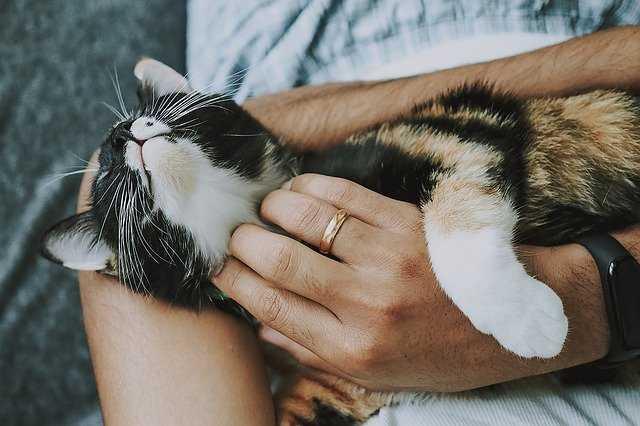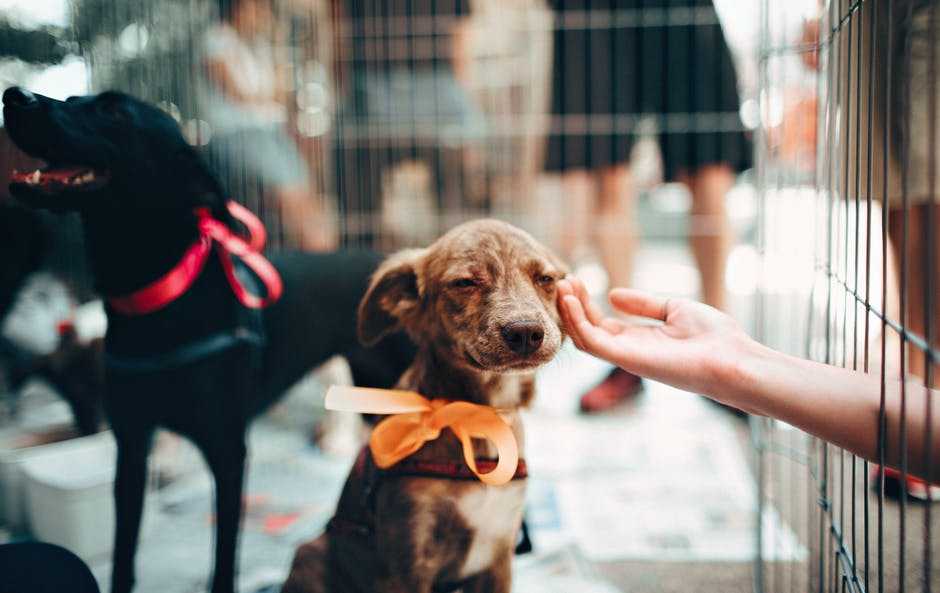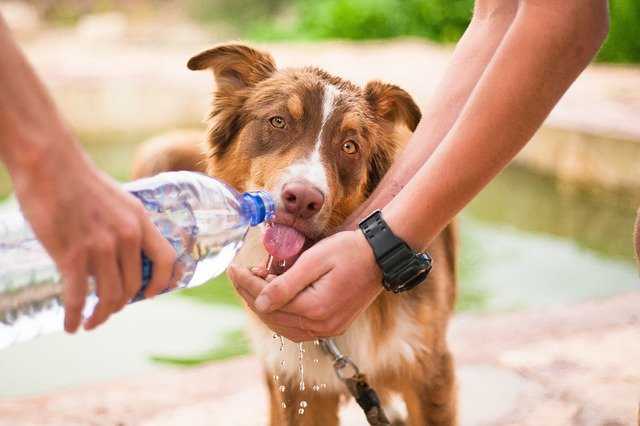
Animal by-product feed is not only unnecessary; it’s dangerous. Products commonly found in the feed bowls of our pets, such as bone meal and feathers, dead animal by-products, manure, and eggshells, are used as feed ingredients derived from non-food materials, including dead plant material and manure. Feeding animal by-products is illegal under the strictest standards of A GREener World. Therefore, you should never feed your pet any animal by-product.
Understand The EPA Five-Day Rule

There is no way you can claim that your dog or cat will eat your catering waste since it would most likely die from asphyxiation. To be on the safe side, you must comply with all regulations regarding animal by-product feeding, such as the EPA’s five-day rule. The second rule requires meat, dairy products, and poultry to contain at least one label acknowledging that the product came from an approved source. And you must comply with the USDA’s National Organic Program by purchasing only USDA-certified organic feeds.
Invest Only In The Livestock Feeds
To ensure consistent quality management throughout the supply chain for animal by-products, it is best to purchase livestock feeds from a supplier approved by USDA’s National Organic Program. To make sure that your supplier complies with the regulations and standards set forth by USDA, ask about their certification. Also, make sure they purchase their feed from reputable processors and marketers. Ask for a list of current processing approvals and look out for complaints filed with the U.S. Animal Feeding Manufacturers Association or USDA.
The Animal By-Products Should Comprise Of Organic Ingredients
Since animal by-product does not meet the strict requirements of A GREener World’s Guide for Safe Cosmetics, the animal by-product is often sold in grocery stores and co-ops. Look for natural or organic ingredients, and avoid those manufactured using antibiotics, pesticides, or chemicals. Some animal by-products, including hooves, feathers, fat, bones, and claws, can be a good source of protein. However, many animals used for food production produce these by-products, including cattle, horses, and pork. Animals raised for human consumption may also raise these by-products.
Check The Certification Sources

When purchasing these by-products, be sure to check all sources for certification. Many suppliers will sell their products certified as coming from animal origin but may have been processed at a facility that does not meet industry standards. In addition to the USDA certification, ensure that the facility processes the carcasses according to federal, state, and local health and safety guidelines.
Isinglass
Another animal by-product often sold in pet stores and on the Internet is isinglass. Isinglass comes from the membranes of the eye of an animal, typically cows or sheep. Removing the membrane allows the manufacturing process to remove any bacteria or parasites. While this is generally safe for human consumption, it should be avoided if an allergy has been experienced before purchase.
Final Thoughts
The final category of animal by-products to examine falls under the category of “occasional ingestion.” This includes such unlikely items as chocolate-covered cherries, the latex from rubber gloves, and the lining from vacuum cleaners. Although it is rare for most consumers to contact all four of these ingredients, they each pose the potential for animal poisoning or adverse reactions and should be avoided by humans and by pets if possible.





